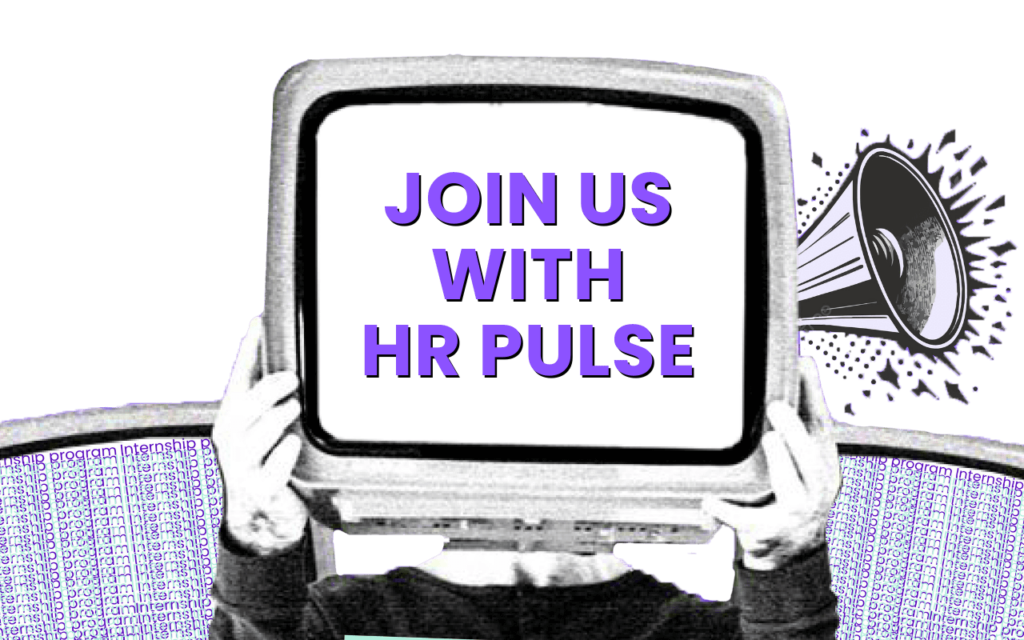The manufacturing industry is undergoing a period of significant transformation. Technological advancements, globalization, and evolving workforce demographics are all shaping a new landscape. To remain competitive, manufacturers must adapt and embrace innovative HR practices. This article explores five key HR trends and innovations manufacturers should follow in 2024 to build a future-proof workforce.
1. Leveraging HR Technology for Efficiency and Compliance
The rise of HR technology is a game-changer for manufacturers. Modern HR software can streamline administrative tasks, automate processes, and improve data-driven decision-making. Look for solutions that offer features specifically relevant to manufacturing, such as:
- Shift Management: Easily create and manage complex shift schedules, track overtime, and automate shift-based pay calculations.
- Time and Attendance Tracking: Ensure accurate timekeeping with features like mobile clock-in/out, geo-fenced attendance for field employees, and automated timesheet generation.
Paismo HR, for example, is a modern HR software solution designed to simplify HR and payroll management for manufacturers.
Our all-in-one platform offers features like automated timesheets, flexible shift management, and real-time data visualization, empowering manufacturers to optimize HR processes and free up valuable time for strategic initiatives.
2. Prioritizing Data-Driven HR Decisions
Manufacturing is a data-driven industry. In today's world, HR data holds immense value. Look beyond basic payroll and attendance records. Utilize HR software that provides robust reporting and analytics tools to track key metrics like:
- Employee Turnover: Analyze turnover rates by department, role, or tenure to identify areas for improvement.
- Absenteeism: Track absenteeism trends and investigate potential causes to promote a healthier and more engaged workforce.
- Productivity: Leverage data to identify areas for performance optimization and implement targeted training programs.
Manufacturers can gain valuable insights by analyzing HR data to inform strategic workforce planning, talent management, and resource allocation.
3. Embracing Reskilling and Upskilling Programs
The skills required in manufacturing are constantly evolving. To keep pace with technological advancements and changing customer demands, manufacturers must invest in reskilling and upskilling their workforce. Consider implementing programs like:
- Skills Gap Analysis: Identify the current and future skill sets required for your workforce and compare them to existing employee skill sets.
- Microlearning Opportunities: Provide bite-sized, accessible learning modules to update employees on industry trends and technologies.
- Cross-Training Programs: Encourage cross-training to broaden employee skills and increase workplace flexibility.
Investing in reskilling and upskilling programs demonstrates your commitment to employee development, fosters engagement, and helps manufacturers build a future-proof workforce adaptable to changing market needs.
4. Building a Culture of Employee Wellbeing
Employee wellbeing is no longer a secondary concern. Manufacturers prioritizing employee wellbeing experience numerous benefits, including increased productivity, reduced absenteeism, and improved employee retention. Here are some strategies to consider:
- Work-Life Balance Initiatives: Offer flexible work arrangements, promote healthy work-life boundaries, and encourage employees to take advantage of paid time off.
- Mental Health Resources: Provide access to mental health resources and support programs to create a safe space for employees to address mental wellbeing concerns.
- Recognition and Rewards: Implement programs to recognize and reward employee achievements, fostering a sense of purpose and value.
5. Embracing Flexible Work Arrangements
Today's workforce demands flexibility. Consider offering flexible work arrangements like remote work options, compressed workweeks, or flexible start and end times.
Look for HR software solutions with mobile functionality.
This empowers employees to access paystubs, request time off, and manage schedules on the go, fostering a more flexible and employee-centric work environment.
Conclusion: Building a Future-Proof Workforce
By embracing these top HR trends and innovations, manufacturers can build a future-proof workforce that is adaptable, engaged, and equipped to navigate the industry's ever-evolving landscape.









